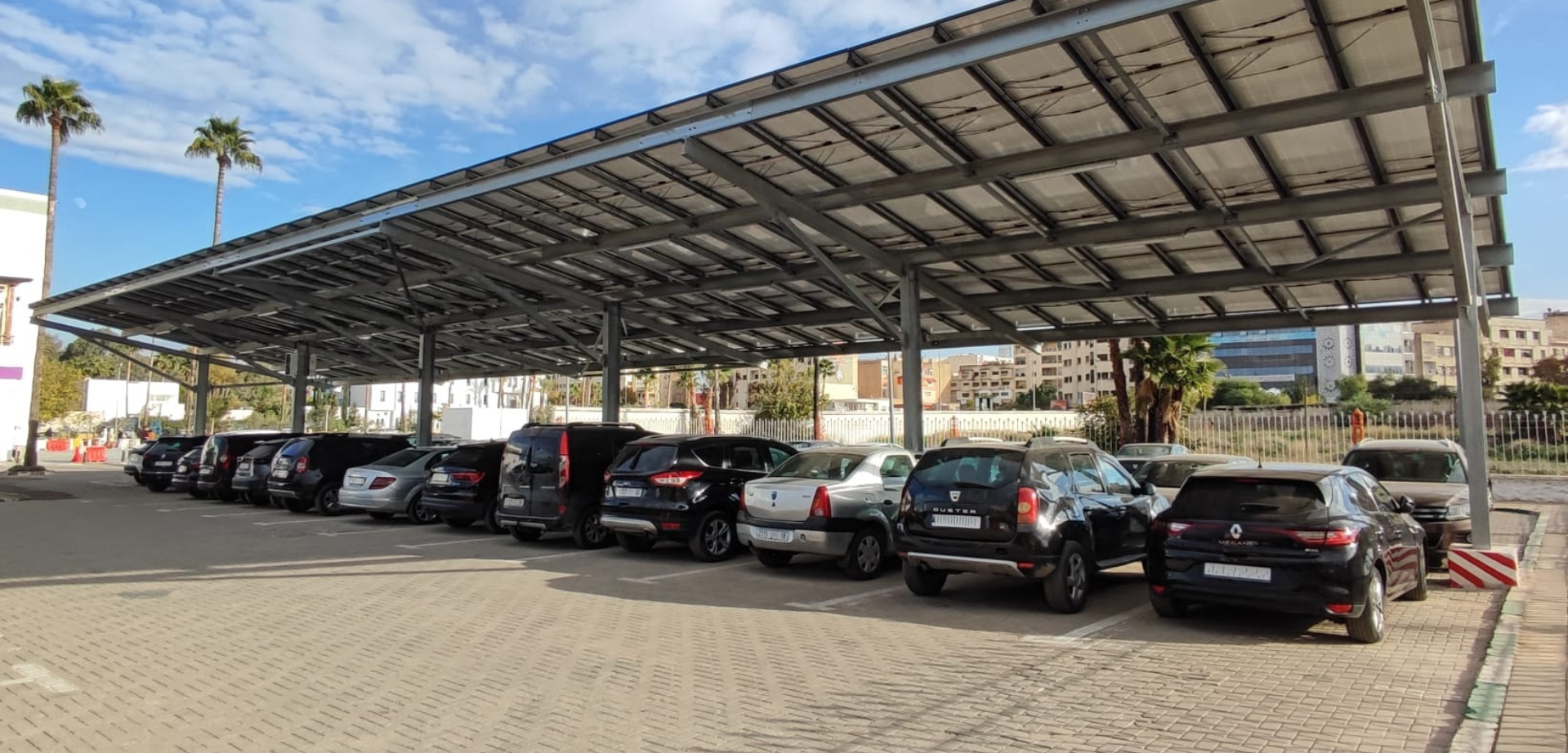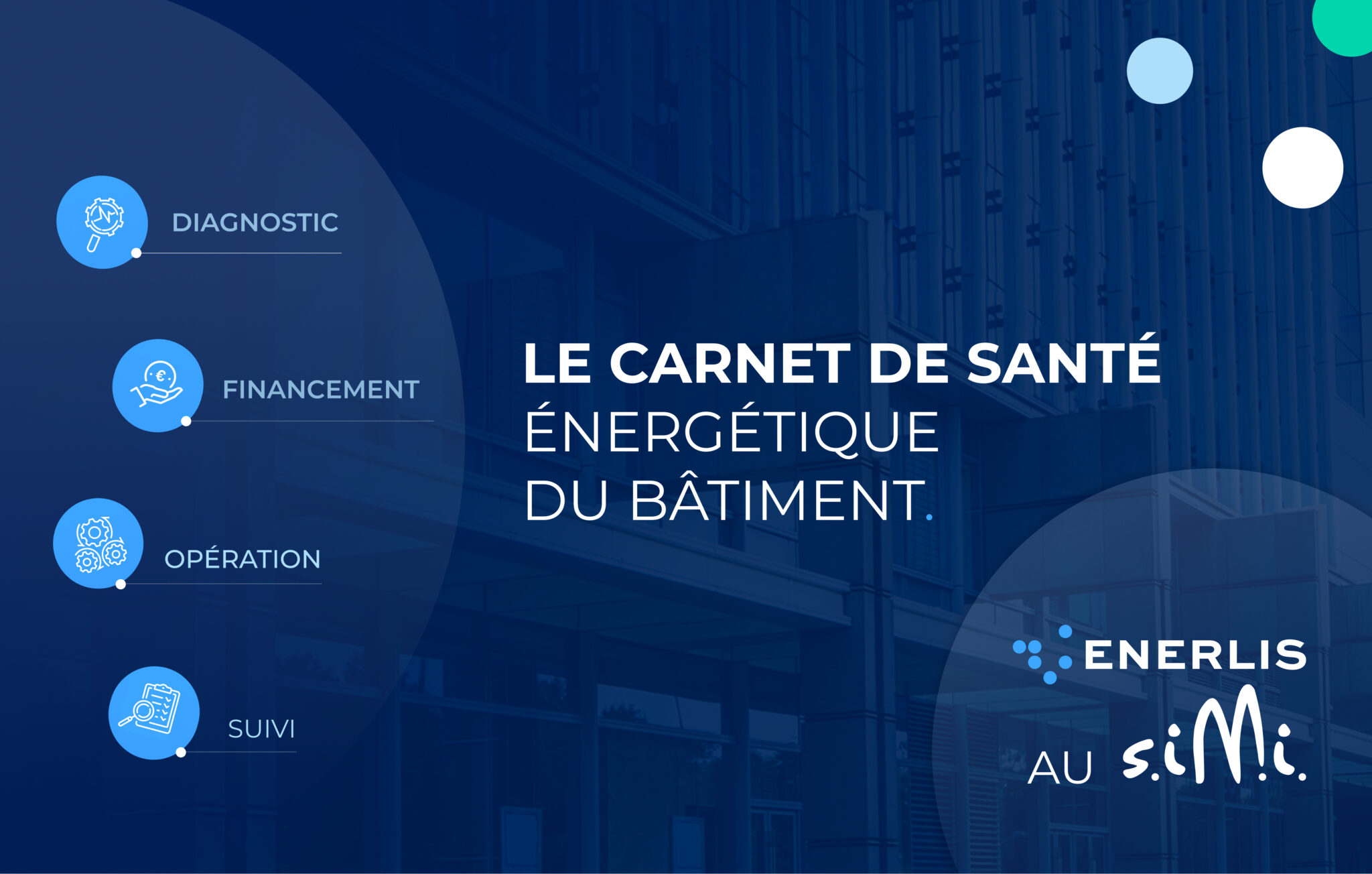« Première université de rentrée d’Enerlis, les bailleurs sociaux en première ligne de la transition énergétique », la journée de webinaires organisée par Enerlis s’est tenue le 22 septembre 2020.
Enerlis a mobilisé son réseau et ses équipes autour d’un événement de réflexion et de débat sur l’actualité du moment à savoir la relance économique et la transition énergétique.
Au total, 22 intervenants ont échangé et donné leur point de vue autour de 4 thèmes majeurs :
Les nouvelles façons de contractualisation, les financements, les énergies renouvelables et les dernières innovations au service des bailleurs sociaux.

COMPTE-RENDU
INTRODUCTION ET ATELIER 1 :
Pour accélérer, il faut globaliser : les nouvelles façons de contractualiser et l’engagement de résultats.
Aurélie Gaudillère, présidente du groupe Enerlis, a introduit cette journée en soulignant « le rôle primordial » des bailleurs sociaux dans la relance verte et a estimé que « les logements sociaux cochent toutes les cases des 3 fondements du plan de relance : écologie – compétitivité – solidarité ».
Yves Laffoucrière, Président du plan BIM 2022, et Didier Poussou, Directeur général de l’ESH, ont appuyé ces propos en évoquant le moment charnière dans lequel nous nous situons : les bailleurs sociaux, qui ont toujours été parmi les premiers acteurs mobilisés et actifs dans la transition énergétique, ont les cartes en main pour décloisonner les sujets et tenir l’objectif de la neutralité carbone en 2050. La transformation numérique, la maturité sur la mise en place des énergies renouvelables, la nouvelle flexibilité du code des marchés publics et les financements sont autant d’atouts pour finaliser les rénovations des 21% de logements sociaux en étiquettes E-F-G et seulement 4% en F et G, autrement appelés passoires thermiques.
Le sujet de ce premier atelier est d’évoquer la mise en œuvre des « nouveautés » du code des marchés publics qui permettent de globaliser.
En effet, pour être compétitifs, les bailleurs sociaux doivent intégrer les évolutions législatives et les nouveaux modes de contractualisation tels que les contrats globaux, pour la rénovation de leur patrimoine.
« Des réhabilitations non structurantes peuvent être faites rapidement avec des marchés d’optimisation énergétique globaux qui prennent en compte une liste de travaux non structurels avec des objectifs de résultats », indique François Weinzaeplen, business manager Est Enerlis. Citant l’exemple d’une opération de réhabilitation, François Weinzaeplen détaille la liste de travaux ayant permis de passer d’une étiquette G à D en 2 mois : « Nous avons traité l’isolation, les combles, remplacé les chaudières individuelles par des chaudières à haute performance énergétique, remplacé les luminaires des parties communes par des LED et remplacé les caissons de VMC ».
Aux côtés de François, Cyril Coupé, docteur en droit public et spécialiste en commande publique, indique que « dans le cadre des mises en concurrence, il faut identifier des actions à mettre en œuvre, qui font l’objet d’un prix, ajouter un volet maintenance et/ou exploitation qui s’insérera dans la durée, où on fixe des objectifs à atteindre comme faire monter l’étiquette énergétique et si jamais ce n’est pas respecté, sanctionner ». Selon lui « ce qui est important, quand le matériel est installé en collectif notamment, c’est de mesurer les indicateurs, à savoir ce qu’on prend en compte avec l’action d’exploitation et de maintenance, ce qui permet de mesurer la performance dans le temps ».
Pour Joel Le Goff, directeur général d’Agen Habitat et président de Cobaty, les sociétés de coordination « seraient l’occasion de rebondir sur la globalisation » afin de profiter d’avoir une analyse du patrimoine globale, malheureusement les sociétés de coordination ont une forte orientation sur la soutenabilité financière et ne sont pas suffisamment entrées dans la performance énergétique.
Jean-Pierre Hue, ancien directeur technique ICF Habitat, évoque lui aussi que pour pouvoir mettre en place des actions efficaces, il est essentiel de bien connaitre le patrimoine : certes les Plans Stratégiques de Patrimoines sont obligatoires depuis plusieurs années mais il faut accentuer les efforts faits sur cette étape pour mieux segmenter et mieux prioriser la mise en œuvre des travaux. Il rappelle que ces plans doivent impérativement être concertés avec les locataires, créant ainsi une relation vertueuse et une augmentation de l’efficacité des bouquets de travaux menés.
Laure Chrétien, Business Manager Résidentiel chez Enerlis, se fait de son côté la porte-parole des pavillons, qui représentent une partie non négligeable du patrimoine des bailleurs sociaux et qui sont souvent plus difficiles à traiter, parce qu’avec un cout de trvaaux au m1 très élevé. Elle explique en quoi l’expérience qu’a acquise Enerlis et les scenarii étudiés et mis en œuvre nous permettent d’avancer des solutions de financements supplémentaires, au-delà des classiques CEE, Eco-prêts, 3e ligne de quittance… ; ainsi que des solutions globalisées, sur lesquelles nous pouvons nous engager sur les résultats.
Enfin, Benjamin Brullon, directeur général de Manergy, appuie l’idée que le marché global de performance est un nouvel outil efficace pour aller plus vite, qu’il convient toutefois d’utiliser à bon escient. Le calibrage des actions avec son AMO est justement le garant de faire la bonne demande pour fixer le bon objectif de performance face à un budget donné.
Avec près de 300 participants, le webinar du mardi 22 septembre 2020 aura été un véritable succès de par son utilité, grâce à la qualité des intervenants et des échanges avec l’ensemble des élus, responsables et experts mobilisés.
Encore un grand merci à eux pour leurs interventions.
Articles similaires

COMMUNIQUÉ DE PRESSE | Partenariat UFT x Enerlis
Nous sommes fiers d’annoncer notre partenariat majeur avec l’Union Foot de Touraine pour la saison 2025-2026. À travers cet engagement, nous ...
Voir la suite



